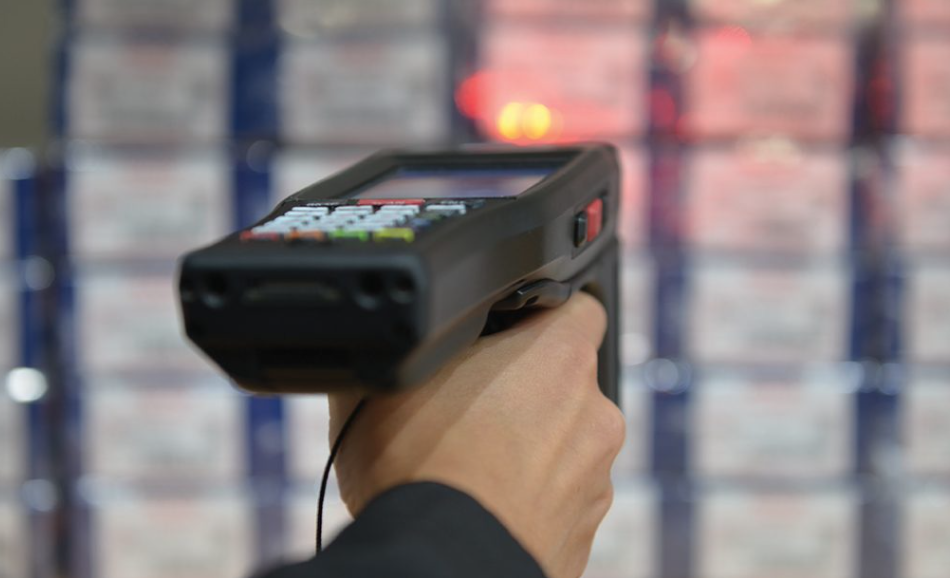There is always room for retailers to create a safer, more reliable, and more convenient inventory management process. One of the most effective tools available today for achieving these goals is with a Radio Frequency Identification, or RFID, inventory management system.
RFID is not new technology, but in recent years its implications for retailers have garnered renewed attention. An RFID inventory management system includes the placement of an RFID tag on a product that then sends signals to a separate RFID reader. Those signals are then processed by software applications. These systems provide real-time results for transactions, inventory levels, and even customer purchase order history.
Research has revealed RFID systems hold three key advantages for retailers.
1. Improves Inventory Accuracy
For a supply chain to be effective the information contained in the software that tracks it must be, above all else, accurate. Traditional, or manual, counts of inventory are labor-intensive, time-consuming, and often inaccurate. By improving the accuracy of data, RFID systems improve the cost and timeliness of the information logged by supply chain management systems.
RFID can take in and process a wide range of data. It can then process that data in a short amount of time – usually minutes. RFID labels eliminate the need for individual barcode scanning and the need to be near the object being counted.
2. Increases Inventory Control
RFID helps retailers track inventory items even when they are frequently moving. That increases the speed of production and simplifies inventory tracking. With an RFID system in place, every item is accounted for at each step in the manufacturing process. Even large numbers of items are read and documented in a short amount of time.
Because each item in an inventory has a unique ID, it cannot be read more than once. This ensures a high level of reliability and accuracy in inventory systems where an RFID system is in place. This reduces the number of hours spent locating and counting items. It can also mean less time is spent locating items that are on the premises but have been misplaced.
In fact, according to research conducted by the University of Leicester, inventory accuracy improves by more than 25% when RFID inventory management systems are implemented.
3. Bolsters Loss Prevention Efforts
Because RFID produces much more timely and detailed insights about the products in a storefront, it also reduces shrinkage and theft. When a store can take inventory every day instead of monthly or quarterly internal theft is reduced. Potential thieves realize that they are much more likely to be found out when inventory is taken often.
Front door theft can also be reduced using the data monitoring measure capability of an RFID system. It can instantly track the location of any item. Accurately monitoring inventory contributes to a direct reduction in theft.
If a customer walks through gates that are used to read wave signals, the item is traced, and an alarm is activated. It sends tiny electric currents that send radio waves to the readers. These can be used to alert the staff to a specific item leaving a certain area where a tag has not been deactivated.
Because RFID technology can track asset movements it can help to prevent shoplifting. This is yet another reason manufacturers and retailers alike use RFID technology to increase security and decrease inventory shrinkage.
Trusted Leader in RFID Technology in Union, NJ
B&G International is at the forefront of producing and implementing RFID inventory systems. Let their expert team show you how an RFID system, properly implemented, can streamline inventory management, saving you time and money. Call 973-824-9220 or get in touch through our contact page to schedule a free consultation today.

